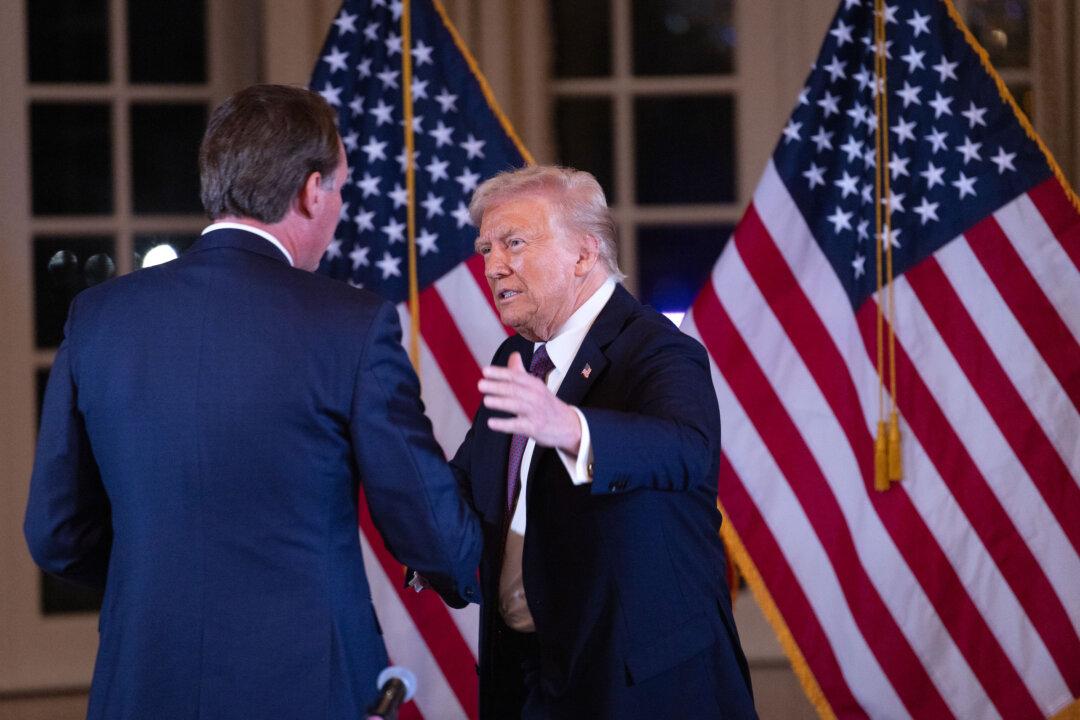The U.S. military warned nearly 9,000 South Korean employees on Jan. 28 that they may be placed on unpaid leave starting from April if Seoul and Washington are unable to reach a deal on sharing costs for the upkeep of 28,500 U.S. soldiers in South Korea.
U.S. Forces Korea (USFK) said the notice was required by law as the current contract, known as the Special Measures Agreement, expired at the end of the year and negotiations have remained at a standstill.
“This notice is being provided two months in advance of the furlough date as required by U.S. law. On Oct. 1 (2019), USFK provided the Korean Employees Union with a six-month notice and associated timeline for additional notifications for a potential furlough pending the 2019 SMA lapse.”
USFK said it had been hosting “town hall-style meetings” on Tuesday for the nearly 9,000 South Korean employees “in an effort to remain open and transparent, provide information, and address questions pertaining to the 60-day notice being issued.”
All Korean national employees will receive notification letters of their potential administrative furlough before the end of this month, they added.
“Without the Republic of Korea’s continued commitment to share the cost of employing our Korean National workforce, USFK will soon exhaust programmed funds available to pay their salaries and wages.”
USFK said it “greatly values” its Korean National workforce and their “contributions to the RoK-U.S. Alliance, and will continue to provide them with regular updates in preparation for the potential leave of absence.
“Unfortunately, without an agreed upon SMA, USFK must provide furlough letters as required by U.S. law as we prepare for a potential furlough,” it added.
President Donald Trump has previously pushed for South Korea to bear more of the financial burden associated with maintaining a significant presence of U.S. troops in the country as part of the legacy of the 1950-1953 Korean War and continued threats from North Korea.
“Over the past many decades, the U.S. has been paid very little by South Korea, but last year, at the request of President Trump, South Korea paid $990,000,000.”
“Talks have begun to further increase payments to the United States. South Korea is a very wealthy nation that now feels an obligation to contribute to the military defense provided by the United States of America. The relationship between the two countries is a very good one,” he added.
“The U.S.-South Korea alliance is the linchpin of peace and prosperity in Northeast Asia. Shared values of democracy, the rule of law, and open economies form the foundation of an alliance that is as vital today as it was in 1953. America’s longstanding commitment and presence have enabled South Korea to develop a vibrant democracy and the world’s 12th-largest economy. Together, we celebrate this success,” they wrote.
They added that, “As sovereign allies, we must find a better way to share the costs of defense with South Korea and secure a stable and prosperous future for the Korean people.”
“As a global economic powerhouse and an equal partner in the preservation of peace on the Korean Peninsula, South Korea can and should contribute more to its defense.”





